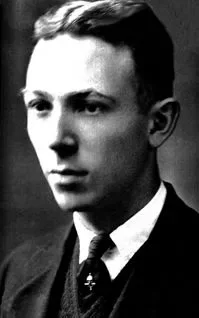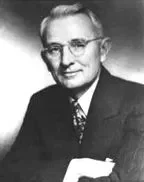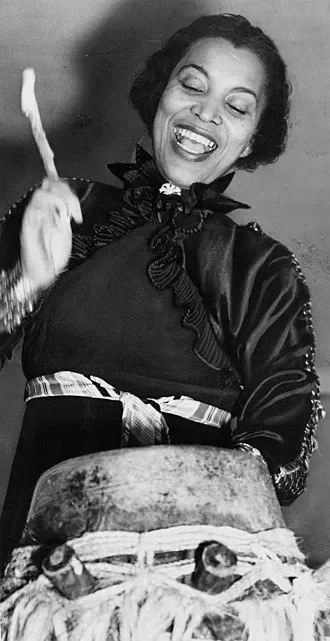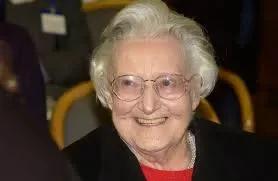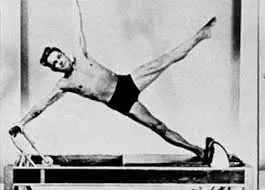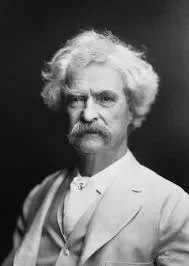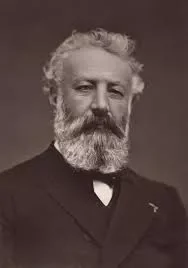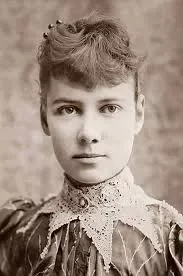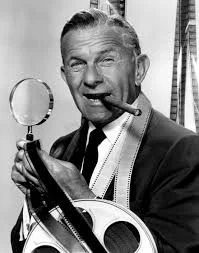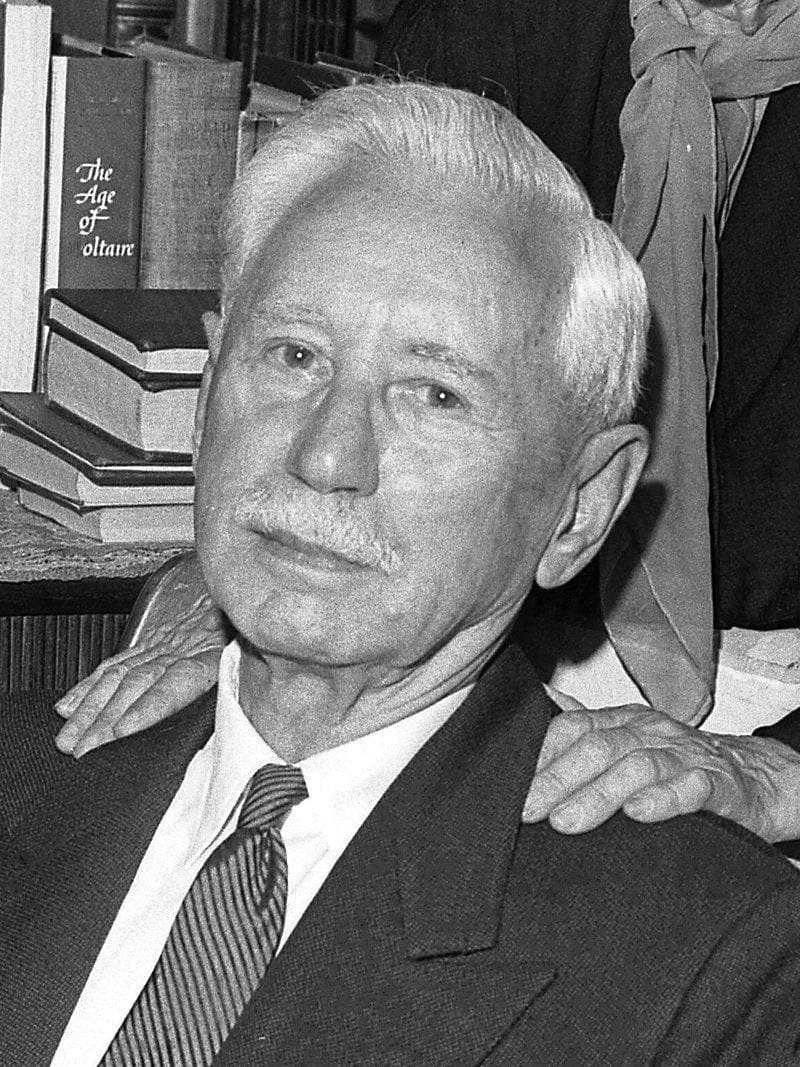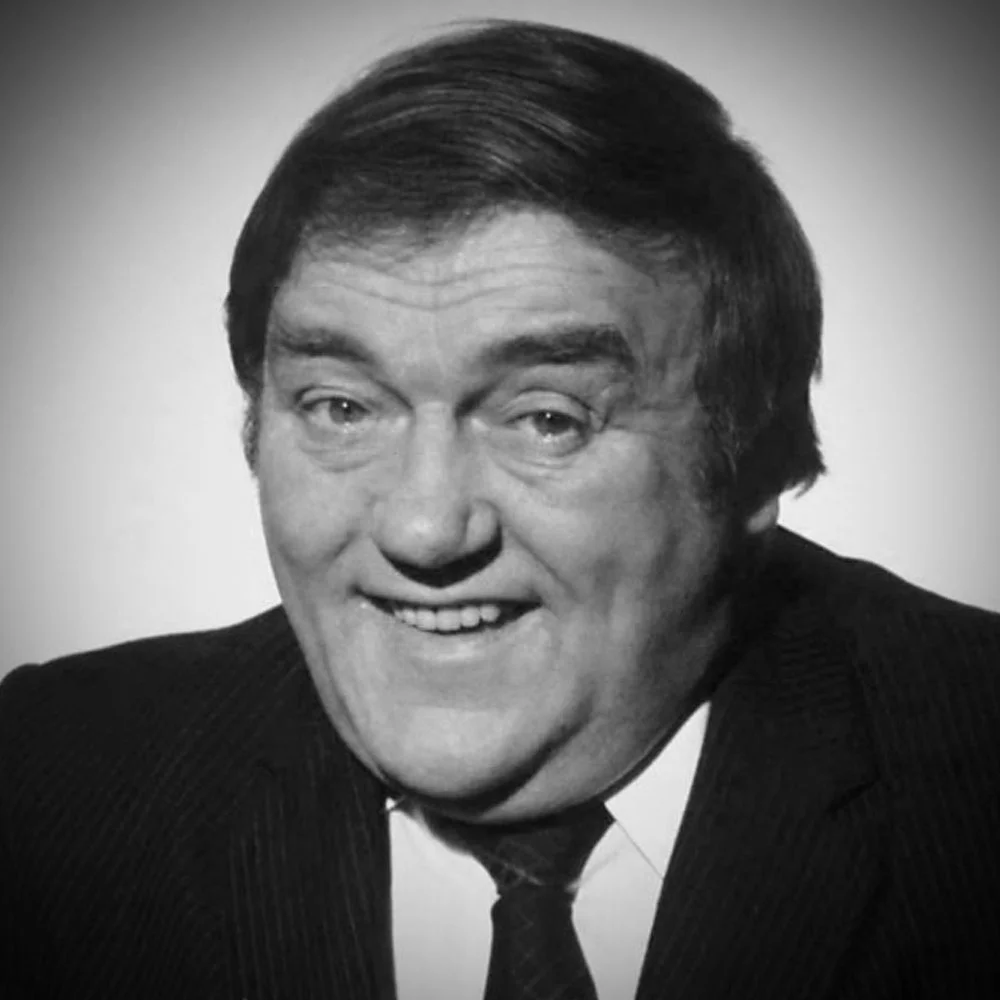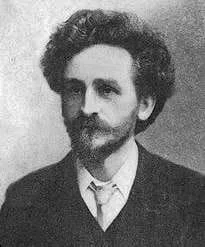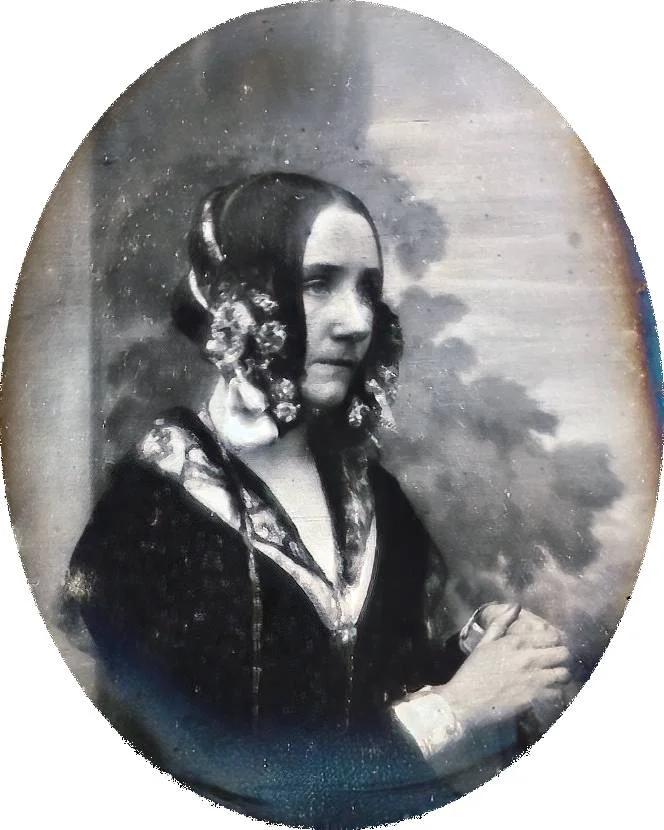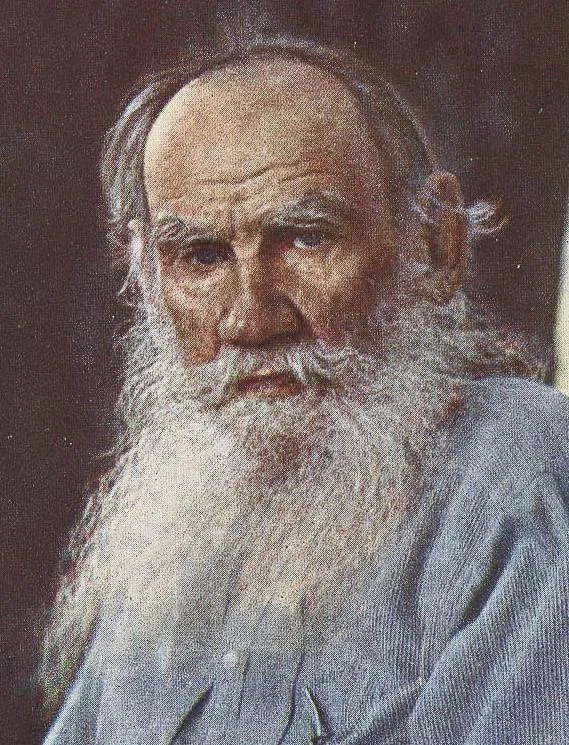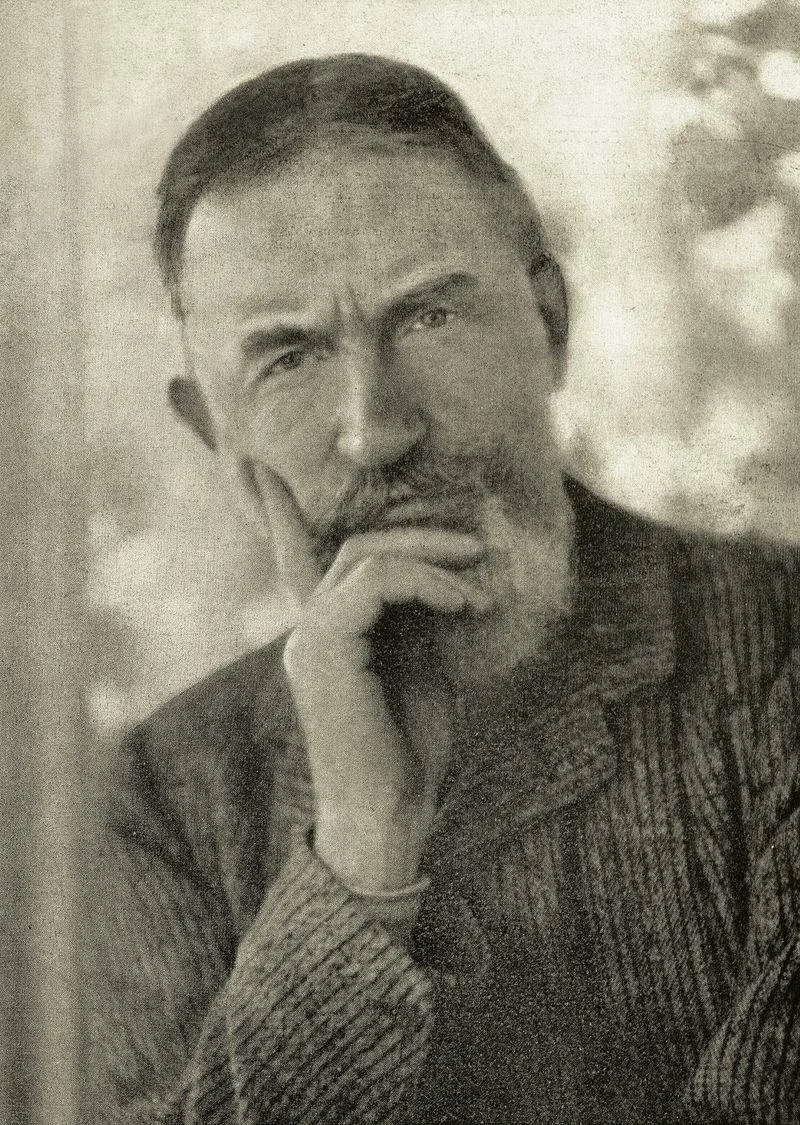Real Celebrities Never Die!
OR
Search For Past Celebrities Whose Birthday You Share
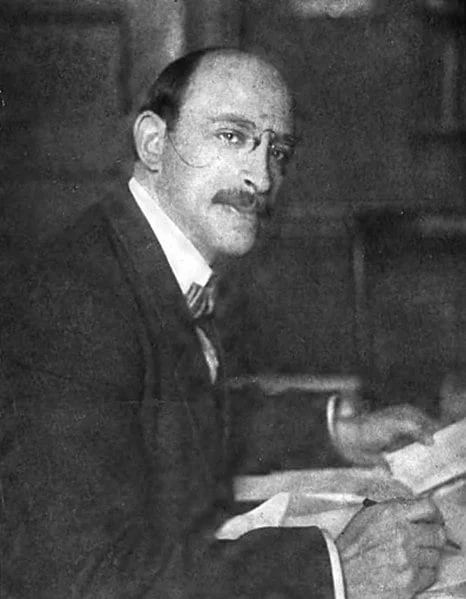
source:wikipedia.org/
Alexander Berkman
Birthday:
21 Nov, 1870
Date of Death:
28 Jun, 1936
Cause of death:
Suicide
Nationality:
American
Famous As:
Political activist
Age at the time of death:
65
Alexander Berkman's Quote's
Early Life and Education
Alexander Berkman, was born Ovsei Osipovich Berkman on November 21, 1870, in Vilna, Lithuania (then part of the Russian Empire), was a prominent anarchist and activist. He played a significant role in advocating for anarchist ideals and was involved in various political movements throughout his life. He was born into a wealthy Jewish family. He was known as Sash among friends and relatives. Berkman lost his father at the age of 12 and moved to live with his mother’s brother.
School Life and Early Rebellions
While in school there he submitted a paper titled “There is no God”. This got him a one-year demotion. He got expelled when he was caught stealing exam papers and bribing a handyman. He moved to the United States in 1888.
Assassination Attempt on Henry Clay Frick
On June 24, 1892, Berkman, driven by his anarchist beliefs and influenced by a series of violent labor disputes, attempted to assassinate Henry Clay Frick, chairman of the Carnegie Steel Company, in revenge for the violent suppression of the Homestead Strike. Berkman’s assassination attempt was motivated by his desire to strike a blow against the capitalist class, whom he believed exploited and oppressed the working class.
Imprisonment and Political Writings
The attempt failed, and Alexander Berkman was arrested and subsequently sentenced to twenty-two years in prison. During his time in prison, Berkman became well-known for his anarchist writings, particularly the book “Prison Memoirs of an Anarchist”, published in 1912. In this work, he provided a vivid account of his experiences in prison, exposing the harsh conditions and corruption within the penal system.
Release from Prison and Continued Activism
Berkman was released from prison in 1906 after serving fourteen years of his sentence. Following his release, he continued his activism and became involved in various political movements. He played an active role in advocating for anarchist ideals, participating in labor struggles, and giving lectures across the United States. In addition to his political activism, Berkman also had a romantic relationship with Emma Goldman, another prominent anarchist and activist. The two shared a deep bond and collaborated on numerous projects, including the publication of the influential anarchist journal “Mother Earth”.
Declining Health and Death
Tragically, the end of Berkman’s life was plagued by health problems and personal struggles. He suffered from depression and struggled with declining mental and physical health. On June 28, 1936, at the age of 65, Berkman took his own life by ingesting a lethal dose of potassium cyanide.
Legacy and Impact
Alexander Berkman’s death marked the end of a significant era in anarchist history. His contributions and writings continue to inspire activists and anarchists to this day. Although his attempt to assassinate Frick was a violent act, it served as a catalyst for discussions around labor rights, anarchism, and the relationship between the working class and the capitalist class.
Name:
Alexander Berkman
Popular Name:
Alexander Berkman
Gender:
Male
Cause of Death:
Suicide
Spouse:
Place of Birth:
Vilnius, Vilna Governorate, Russian Emp
Place of Death:
Nice, France
Occupation / Profession:
Apart from his involvement in anarchist politics, Berkman was an avid writer and published numerous articles and essays on various topics.
Berkman was deeply influenced by the Russian revolutionary movement and was a dedicated follower of Russian anarchist Peter Kropotkin.
Despite his strong beliefs in anarchism, Berkman was not opposed to temporary alliances with other left-wing movements
He was a leading member of the anarchist movement in the early 20th century.

